H.R. 4693: College Athlete Right to Organize Act
This bill, known as the College Athlete Right to Organize Act, aims to grant college athletes the right to organize and engage in collective bargaining regarding their employment conditions. The bill proposes amendments to the National Labor Relations Act to extend labor rights to college athletes attending both public and private institutions of higher education.
Key Provisions of the Bill
- Establishment of Employment Status: The bill would define college athletes as employees of their respective institutions if they receive any form of compensation, such as grants-in-aid, in exchange for their participation in intercollegiate sports.
- Collective Bargaining Rights: College athletes would have the right to form bargaining units and engage in collective bargaining with their institutions and athletic conferences to negotiate terms of their employment, including compensation, working conditions, and other related matters.
- Multiemployer Bargaining Units: The bill allows for the formation of a multiemployer bargaining unit within athletic conferences, meaning that college athletes from different institutions within the same conference could negotiate collectively.
- Protection Against Waivers: The bill prohibits athletes from entering into agreements that would waive or allow non-compliance with the provisions established by this legislation.
- Tax Treatment and Financial Aid: The bill clarifies that any compensation received by college athletes will not change the way these funds are treated for tax purposes and will not impact eligibility for federal financial aid programs.
- Severability Clause: If any part of this Act is found to be unconstitutional, the remaining provisions will still be in effect.
Purpose and Rationale
The findings outlined in the bill emphasize the existing inequalities between college athletes and their institutions, highlighting:
- The control exerted by the NCAA and member schools over athletes’ abilities to earn fair compensation for their labor.
- Previous labor organizations’ successes in addressing unfair labor practices in professional sports and the need for similar protections for college athletes.
- The substantial revenue generated by intercollegiate athletics, justifying the application of labor laws to college sports.
The overall intention of the College Athlete Right to Organize Act is to enable college athletes to negotiate more equitable terms and conditions related to their athletic participation, recognizing them as more than just amateurs, and to provide a framework for fair labor practices in college sports.
Relevant Companies
- NKE (Nike, Inc.): Nike could be impacted as it sponsors college athletic programs and may need to negotiate terms with colleges regarding athlete endorsements and sponsorship agreements.
- ADDYY (Adidas AG): Similar to Nike, Adidas could face changes in sponsorship landscapes as college athletes gain visibility and negotiating power.
This is an AI-generated summary of the bill text. There may be mistakes.
Sponsors
12 bill sponsors
-
TrackSummer L. Lee
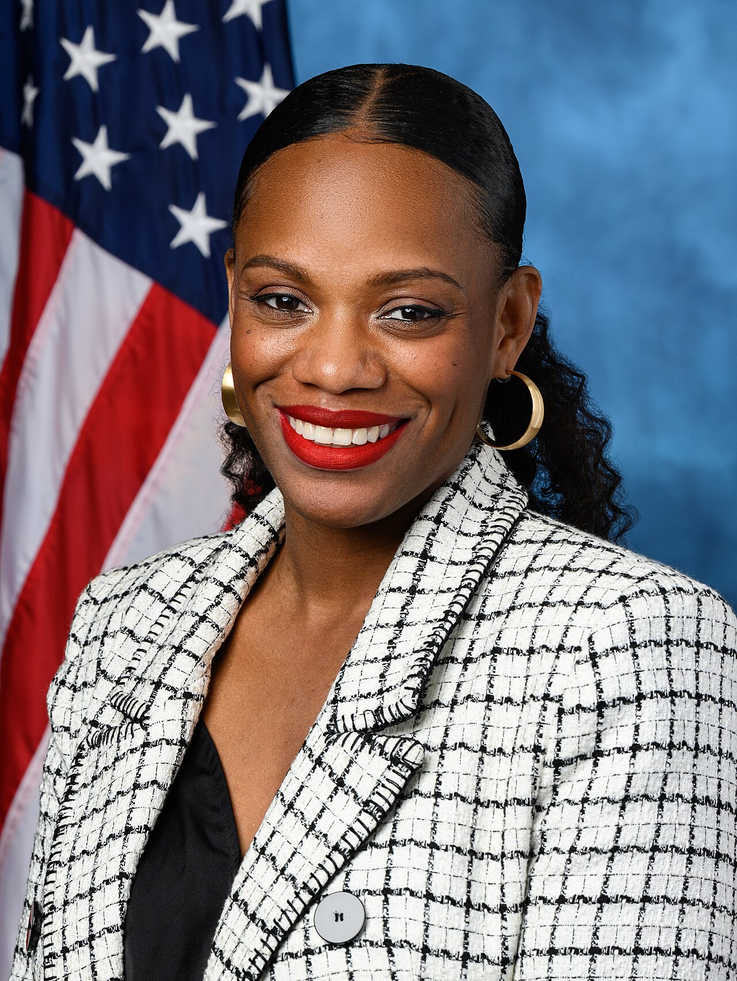
Sponsor
-
TrackYassamin Ansari
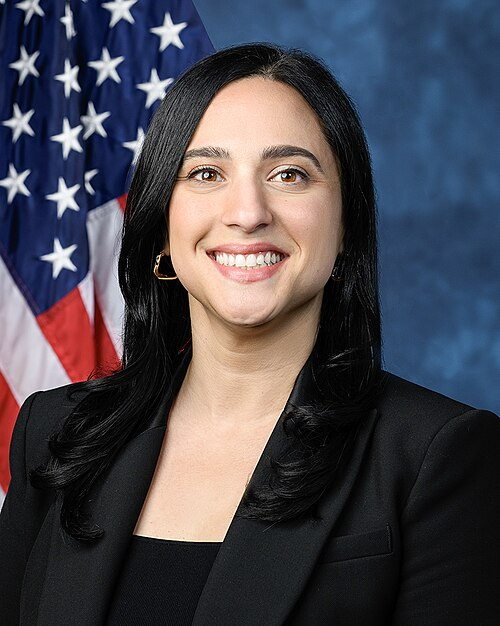
Co-Sponsor
-
TrackGreg Casar
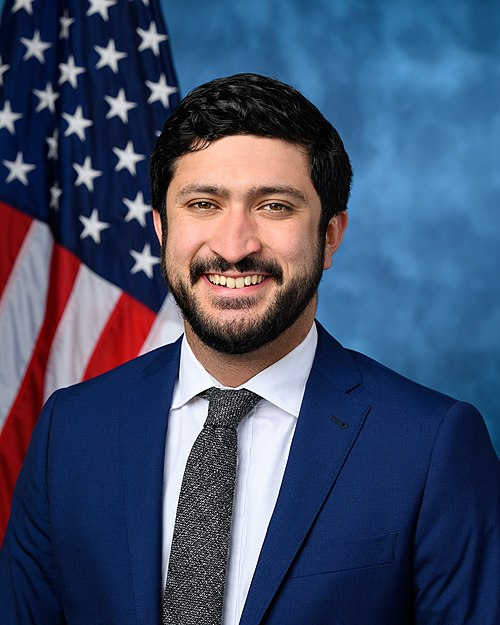
Co-Sponsor
-
TrackEmanuel Cleaver
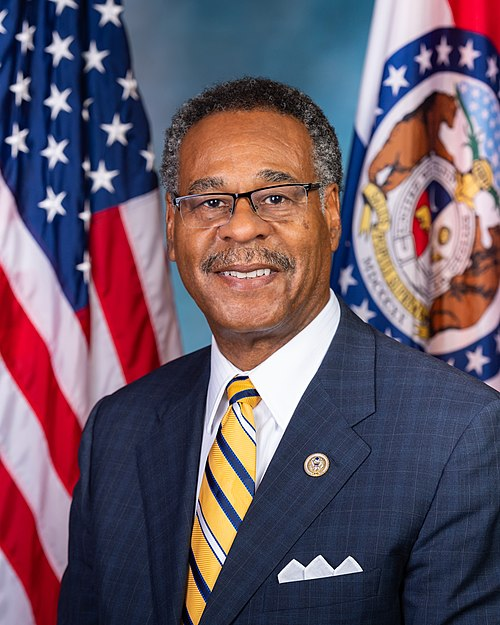
Co-Sponsor
-
TrackHenry C. "Hank" Johnson, Jr.
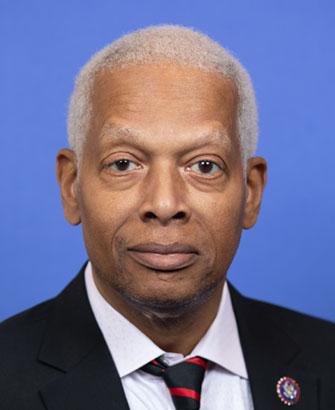
Co-Sponsor
-
TrackJames P. McGovern
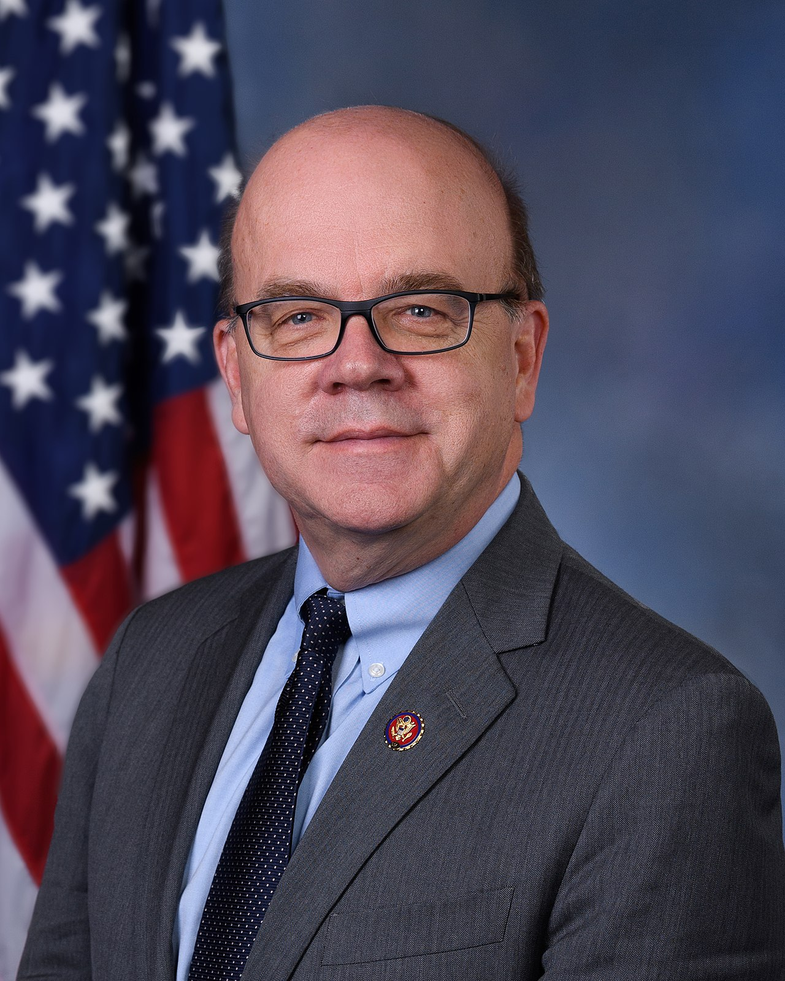
Co-Sponsor
-
TrackAlexandria Ocasio-Cortez
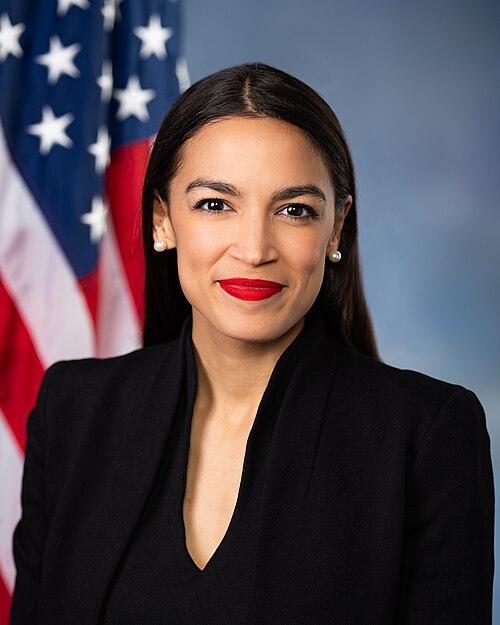
Co-Sponsor
-
TrackIlhan Omar
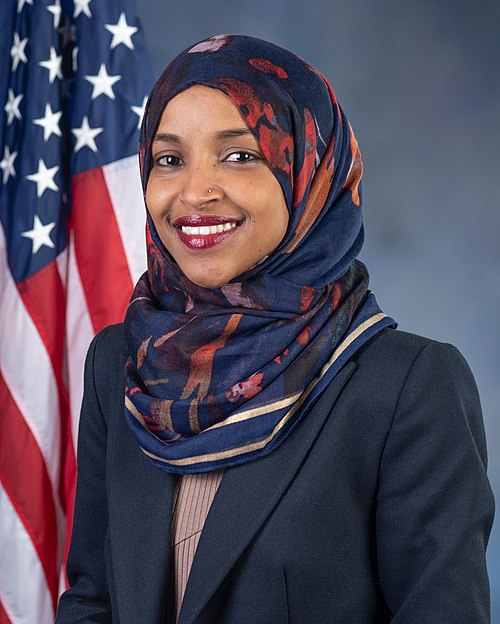
Co-Sponsor
-
TrackDelia C. Ramirez
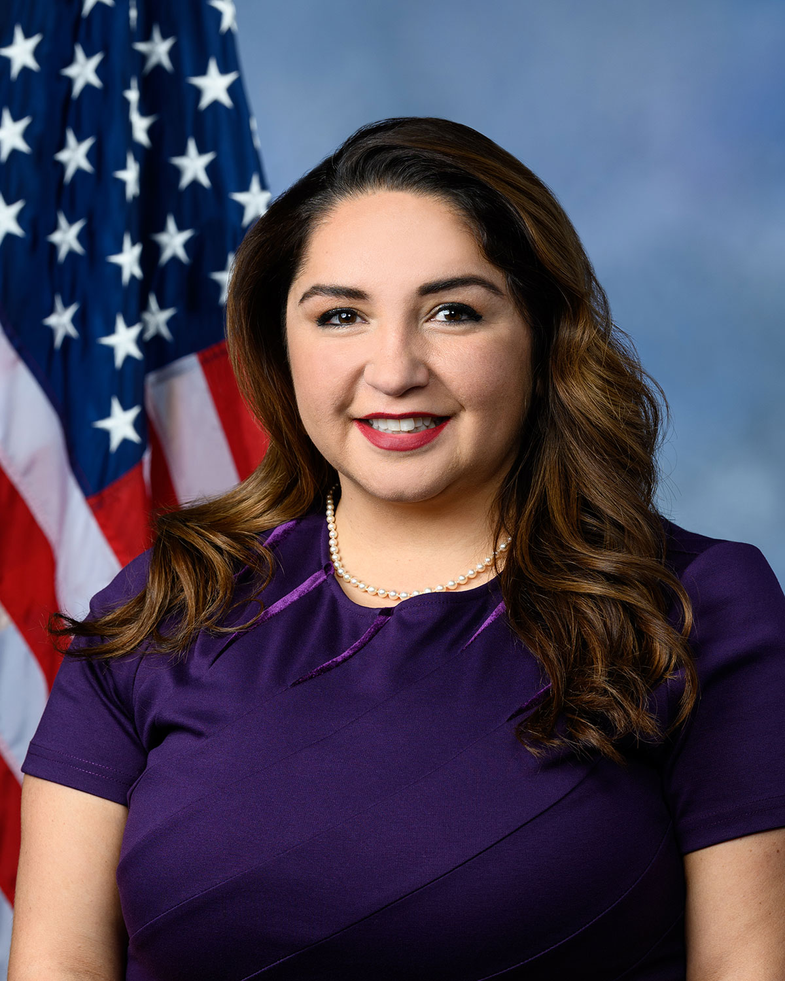
Co-Sponsor
-
TrackShri Thanedar

Co-Sponsor
-
TrackRashida Tlaib
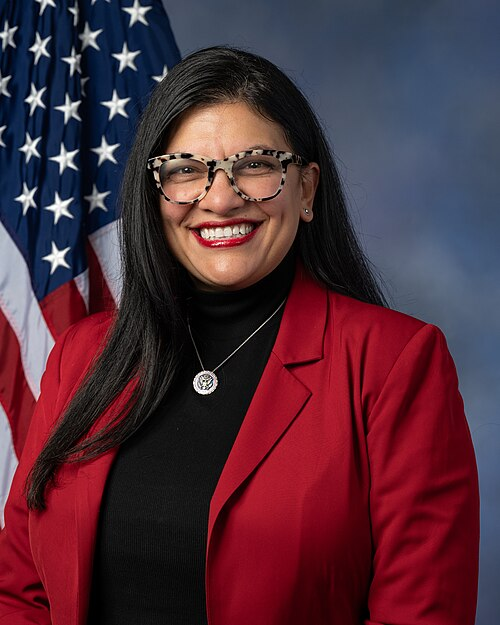
Co-Sponsor
-
TrackJill N. Tokuda
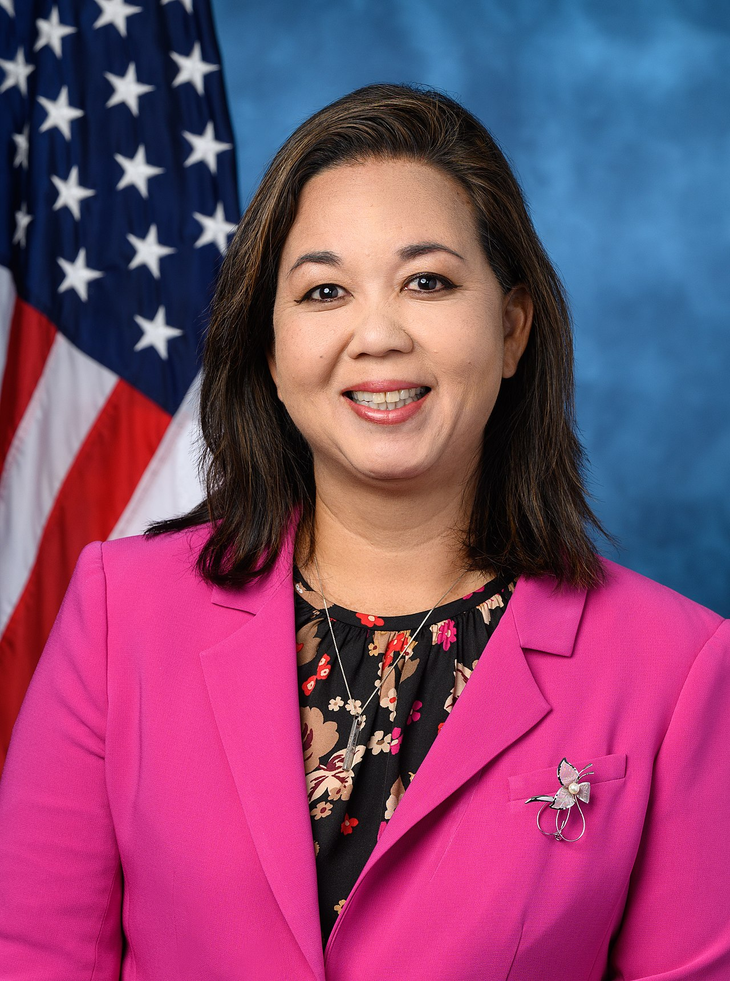
Co-Sponsor
Actions
2 actions
| Date | Action |
|---|---|
| Jul. 23, 2025 | Introduced in House |
| Jul. 23, 2025 | Referred to the House Committee on Education and Workforce. |
Corporate Lobbying
0 companies lobbying
None found.
* Note that there can be significant delays in lobbying disclosures, and our data may be incomplete.
Potentially Relevant Congressional Stock Trades
No relevant congressional stock trades found.